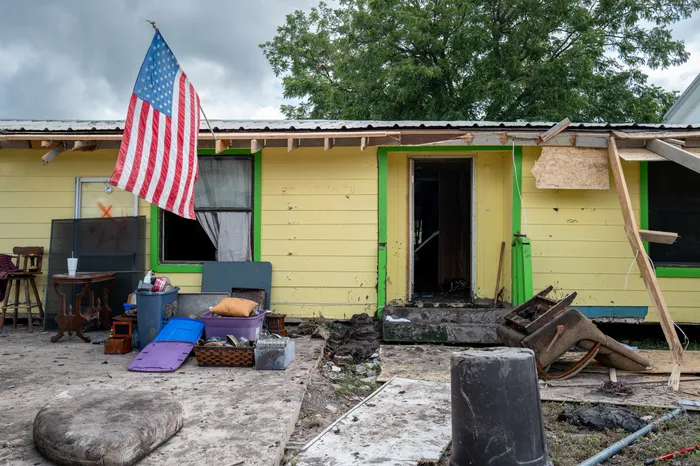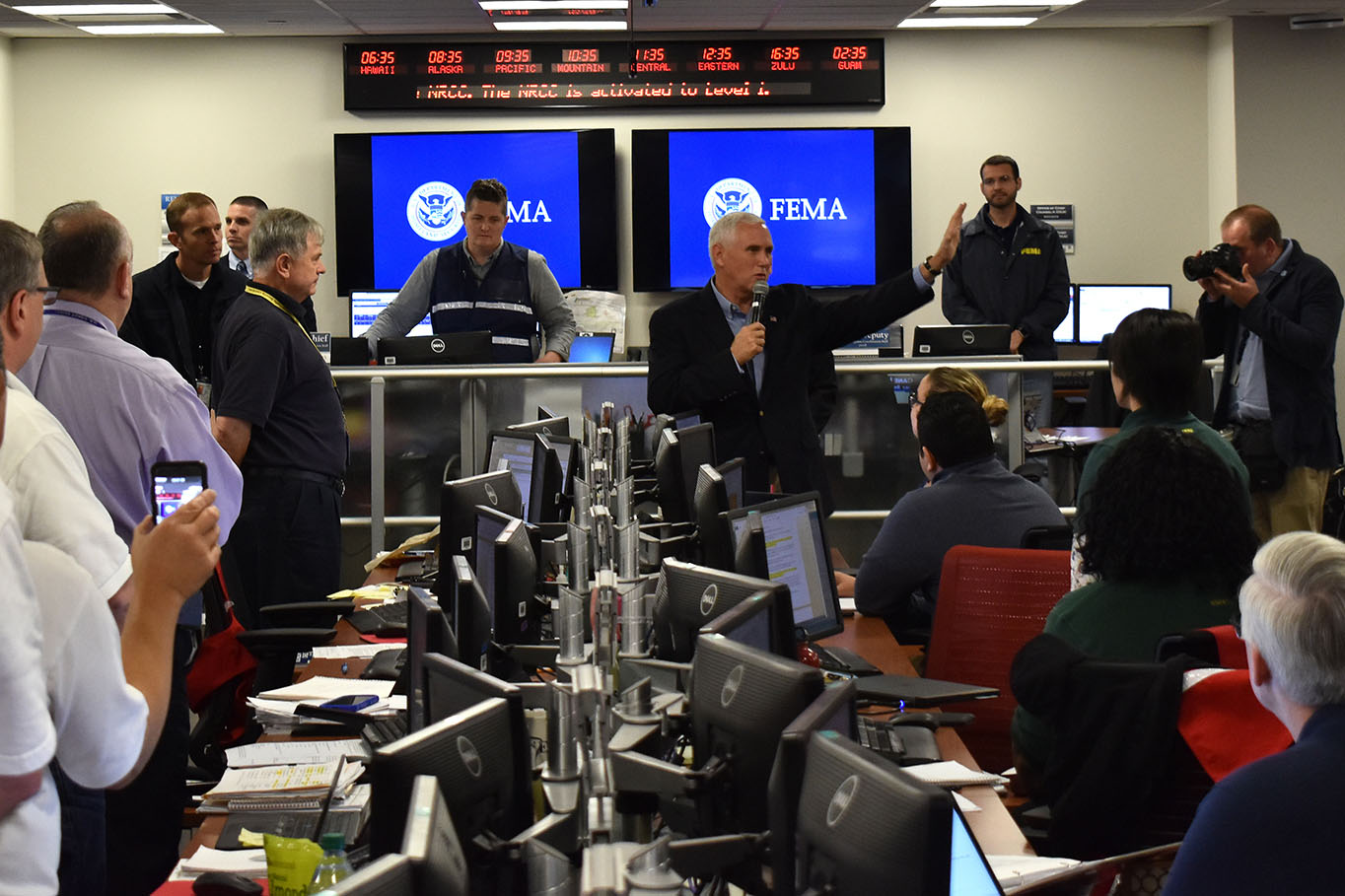KERRVILLE, Texas — As the floodwaters recede, the human toll keeps rising. President Donald Trump toured the devastation from catastrophic flooding in Texas, where the death toll has reached at least 120, leaving over 170 individuals missing. His visit was marked by a striking contrast between his praise for local officials and the urgent questions being raised about their preparedness and response.
Community Voices Demand Accountability
In the aftermath of this disaster, voices from the community are amplifying concerns about the adequacy of local emergency responses. Harris Currie, a rancher from nearby Utopia, emphasized that the devastation can only be truly understood by witnessing it firsthand. He and others in the community are questioning how officials failed to issue timely warnings. Kerr County Commissioner Jeff Holt pointed to the need for improved early warning systems and repairs to nonworking phone towers. Faulty communication infrastructure is a critical issue that has been highlighted in studies on disaster preparedness, suggesting that local governments must invest in resilient systems to protect vulnerable populations according to research.
Trump"s Inconsistent Messaging on FEMA
During his visit, Trump praised the recovery efforts and highlighted the dedication of first responders. However, he remained silent on his previous promises to phase out FEMA, an agency now crucial for disaster response. This shift in focus raises significant questions about the administration"s commitment to federal disaster management. As Trump lauded local heroes, he conveniently sidestepped the implications of his administration"s past policies advocating for a reduced federal role in disaster response as reported by Brookings.

Texas flooding kills dozens, search for missing campers continues
Political Calculations Amid Human Tragedy
The political implications of this disaster cannot be overlooked. Trump"s visit to Texas, a state that overwhelmingly supported him in the last election, is an attempt to reinforce his political base while diverting attention from the criticism his administration faces regarding disaster preparedness. Trump responded sharply to questions about local officials" readiness, calling a reporter who posed the question “evil.” Such rhetoric seeks to deflect accountability away from those in power at a time when communities are grieving and searching for answers according to the White House.
Environmental Justice Concerns Ignored
This disaster further underscores the intersection of climate change and social justice. Communities of color and low-income areas often bear the brunt of inadequate disaster preparedness and response, exacerbating existing inequalities. As climate change intensifies, the frequency and severity of such disasters will only escalate, making it imperative that policymakers prioritize equitable disaster response strategies. Yet, the focus remains on immediate recovery rather than long-term systemic changes, which is troubling as highlighted by experts.

Breaking news coverage: fema headquarters response
The Call for Systemic Change
Local officials like Darrin Potter, a resident who experienced flooding in his own home, have voiced the urgent need for better evacuation plans and improved warning systems. As he pointed out, merely telling residents to evacuate at the last minute could lead to even greater loss of life. This reality highlights the critical need for comprehensive planning that takes into account the unique challenges posed by geography and infrastructure. Experts argue that adopting a proactive approach to disaster management is essential, as demonstrated in the GAO report, which emphasizes the necessity of investing in resilience and recovery strategies.



![[Video] Mount Etna erupts in Sicily, lava reaches 400 meters, yellow alert issued](/_next/image?url=%2Fapi%2Fimage%2Fthumbnails%2Fthumbnail-1766917884234-2sqn18-thumbnail.jpg&w=3840&q=75)
![[Video] Hawaii's Kilauea volcano erupts, fountains reach 70 ft, USGS reports](/_next/image?url=%2Fapi%2Fimage%2Fthumbnails%2Fthumbnail-1766574042820-tucull-thumbnail.jpg&w=3840&q=75)


![[Video] Gunfire between Iraqi security forces and Sadr militias in Baghdad](/_next/image?url=%2Fapi%2Fimage%2Fthumbnails%2Fthumbnail-1768343508874-4redb-thumbnail.jpg&w=3840&q=75)
